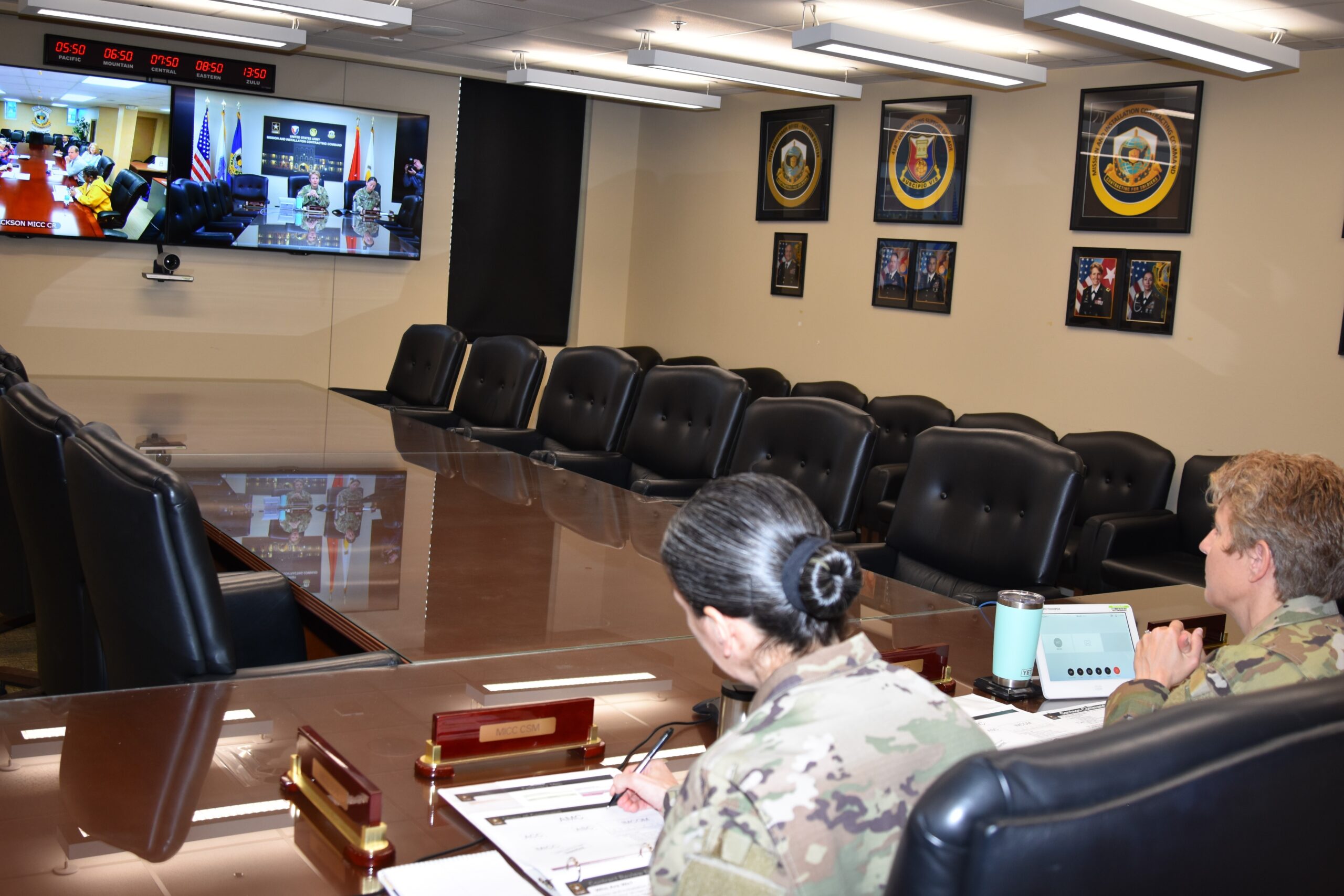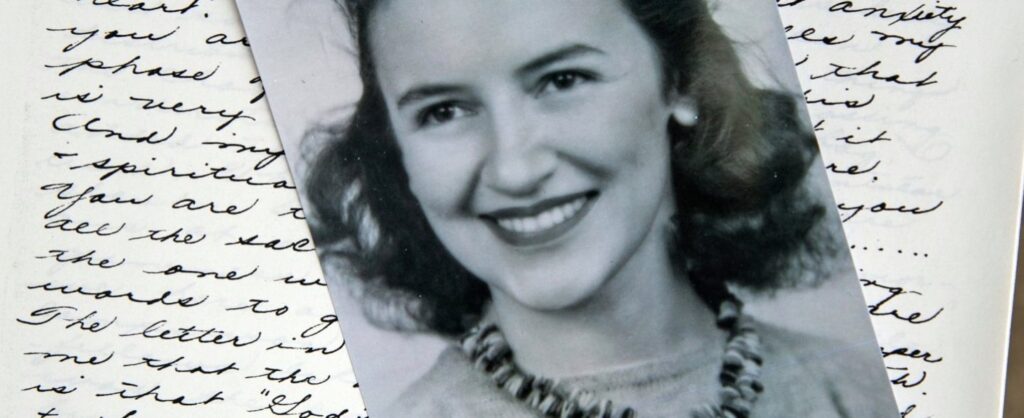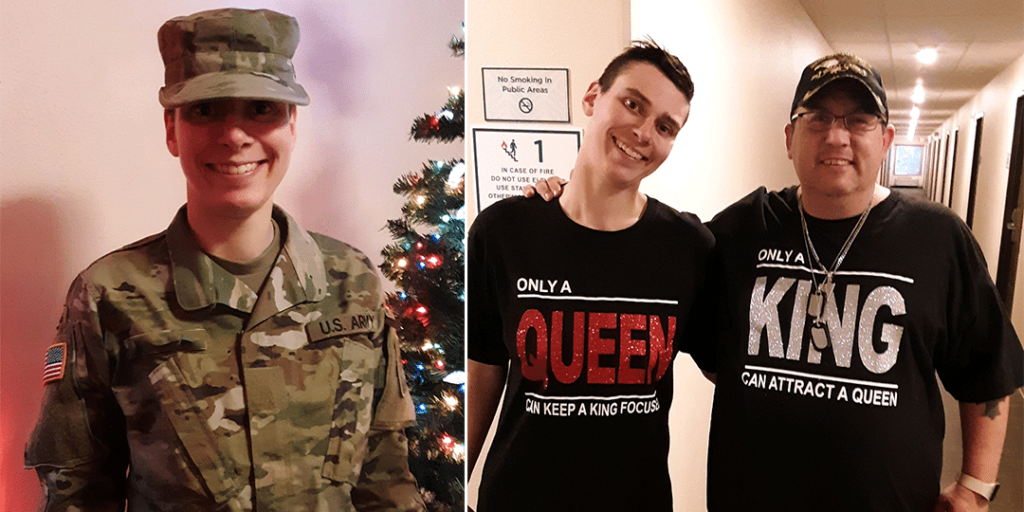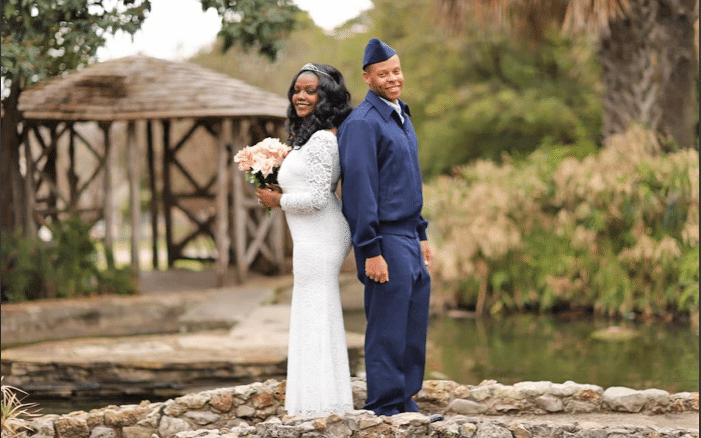
- The App
- Sandboxx News
- Resources
Learn
- Company
About
Become a Partner
Support
- The App
- Sandboxx News
- Resources
Learn
- Company
About
Become a Partner
Support
Public Relations, or PR, is all about communicating and managing people’s perceptions, so while these life lessons come from my career in PR, they’re applicable...

Public Relations, or PR, is all about communicating and managing people’s perceptions, so while these life lessons come from my career in PR, they’re applicable for just about anyone.
As the Director of Content and Creative Strategy for a public relations firm in the DC area, I’ve had the opportunity to work with people from many different industries (including military), media networks, publications and backgrounds. I’ve worked with famous people and not famous people. I’ve seen lots of “big news” that doesn’t really matter, and lots of “small news” that does. And I’ve also learned a lot of things about life in general that I hope to share with my kids one day. Until they get old enough to want to talk about things other than My Little Pony, I’ll share them here:

Oh, how important this is. And so many people don’t do it. People treat email nowadays like text messages, but you should always approach an email like you’re writing a letter. This stuff is saved for all time. Be aware of what you’re saying. Be kind. Check your spelling.
2. People don’t have a lot of time.
They say in PR that you have about ten seconds to pitch your product (or idea, or book, or company). This is a great rule to live by in general. When you’re applying for a job, have an “elevator pitch.” When you’re having a meeting, know what you want to accomplish and what you want to get out of it. If you want something, don’t be afraid to ask for it. Be conscious of people’s time and don’t waste it. Be considerate about people’s schedules.
3. Even the worst things blow over with time.
I’ve seen the biggest, craziest news cycles last about an hour – because something bigger and crazier always comes along. This is just like life. Something seems really important, until it’s not. Your most embarrassing moment seems embarrassing to you, but everyone will forget it by tomorrow.

4. People are people, even on computers.
Media today, even TV media, is mostly run online behind the scenes – especially now that a lot of people are working from home. It’s important to remember that the person behind the computer on the other end of that email or in that meeting is a real person, with real problems and concerns and interests. If someone doesn’t give you the response you want, it could be because their kid isn’t feeling well or because their mother-in-law just called. Remember that, and be kind.
5. Not all media is bad.
While it’s true that negative news get a lot of views, there’s some pretty great positive news getting out there every day. People are doing really cool things for each other (I wrote about PenFed’s veteran service dogs a few weeks ago). Media can serve the good purpose of keeping us informed and letting us know about important things that can change the way we view the world. The stories we read can inspire us to donate to a great cause, notice the tired grocery store clerk we never noticed before, be compassionate to our neighbors, and learn about entrepreneurs who are starting cool businesses.

6. It’s okay not to be famous.
I’m not famous. But I have had a (very, very slight) taste of being famous when I was in a big magazine for my first novel, or when I did a book tour around the country. And I’ve also worked with famous people. Being famous is cool in some ways, but in a lot of ways, it’s not. And even if it was the greatest thing ever, it’s okay not to be famous. I want my kids to know that. You can accomplish amazing things by being someone whose name never made it into the media.
7. You can’t put a price on creativity.
I would love for my kids to come to me one day and say, “I really want to learn calculus.” Or French. Or “How do I program this computer?” Hard skills are so important. But soft skills are equally important. In PR, so many people are competing for the attention of consumers, editors, clients, and readers. You have to be creative to survive. And in general, I think creativity is an underrated quality. As much as I want my kids to want to watch that educational video about polar bears, I would be just as happy if they painted for an hour. In life, being creative can really be a real asset.
Victoria Kelly is a former military spouse and the author of When the Men Go Off to War and Mrs. Houdini. She graduated from Harvard University and the Iowa Writers’ Workshop. Find her at victoria-kelly.com.




